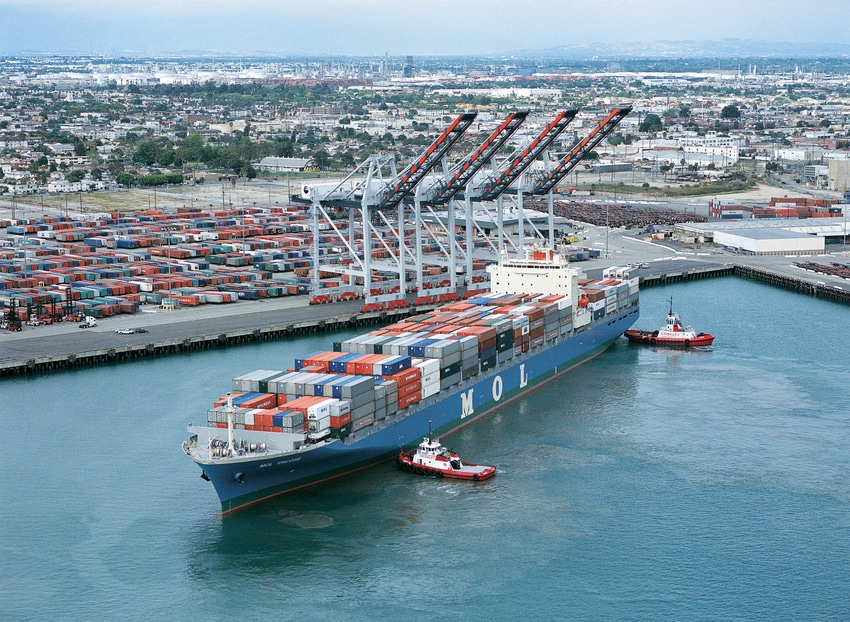End of shipping woes nowhere in sight
Legislation reportedly being drafted to strengthen FMC’s ability to enforce its oversight.
3 Min Read

Port of Los Angeles
About the Author(s)
Subscribe to Our Newsletters
Feedstuffs is the news source for animal agriculture
You May Also Like




.png?width=300&auto=webp&quality=80&disable=upscale)
